
A Global History of Convicts and Penal Colonies: book launch
On July 4th 2018, the eminent scholar of empire, Professor Philippa Levine (University of Texas, Austin), launched my edited volume, A Global History of Convicts and Penal Colonies, at the annual conference of the Australian Historical Association, held at ANU, Canberra. This volume is one of the key outcomes of my ‘Carceral Archipelago’ project. […]

A Global History of Convicts and Penal Colonies
The main objective of the ‘Carceral Archipelago’ project has been to write the history of convicts and penal colonies into global history, by synthesizing existing research on some geographical contexts with new work on others. My edited volume, A Global History of Convicts and Penal Colonies, published in May 2018 , represents an important […]
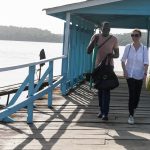
Upriver to Mazaruni Prison (Guyana)
One of the wonderful things about ‘blue skies’ research is the element of surprise that it can throw up. When I began work on ‘The Carceral Archipelago’ project, I had not planned to work on the British Caribbean. I had long been aware of early-modern British and Irish convict flows to islands like Barbados, […]
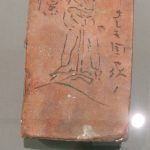
The “Pains of Imprisonment”: an historical sociology of penal transportation?
A few years ago, the eminent scholar of the Russian Gulag, Professor Judith Pallot, challenged me to consider the relevance of the sociology of incarceration as a means of understanding convict experiences in penal colonies. She advised me to think in particular about Gresham M. Sykes’ classic 1958 text, The Society of Captives: A […]

A Snapshot of Collaborative Work in History
During my PhD study and for the first ten years of my academic career, I researched alone. I went to the archives, I discussed and presented my work to academic audiences, and I published books and academic papers. Though like many others, I felt myself to be engaged in a larger intellectual project (subaltern studies, […]

The case for ‘remain’ in the EU referendum – my view as the director of a €1.5 million European funded research project in History
At the end of last week, thirteen Nobel prize-winning scientists wrote a letter to the right leaning newspaper The Daily Telegraph, urging Britain to vote ‘remain’ in the forthcoming European Union (EU) referendum. The scientists warned of the consequences of a British exit (or ‘Brexit’) from the EU, drawing attention to the fact that […]
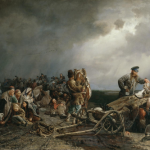
The forgotten success of penal transportation reform in late Imperial Russia: the lowering of prisoner mortality in the transfer system (1885-1915)
By Mikhail Nakonechny. The late Imperial Russian prison and exile system is almost unequivocally considered to be the traditional embodiment of brutality, institutional inhumanity and injustice. The popular image of endless convict suffering in vastness of Siberia, supported in the English speaking world by the influential George Kennan’s work on Siberian exile[i] and enhanced by […]
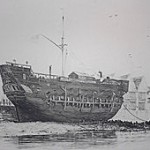
Conceptualising Islands in History: Considering Bermuda and Gibraltar’s Prison Hulks
By Anna McKay, AHRC Collaborative Doctoral Partnership Student, National Maritime Museum & University of Leicester. As a relatively new addition to the University of Leicester’s School of History and the Carceral Archipelago project, over the last few months I feel as if I’ve undergone a thorough “academic baptism”. Since beginning my PhD studies in […]
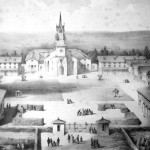
Thinking sociologically about the history of convicts and penal colonies
In the early 1990s I had the privilege of studying with David Garland, then teaching and researching in Edinburgh University’s Law School. He had recently published a wonderful book – Punishment and Modern Society: a study in social theory – which remains as relevant and important today as it was then. Week by week, Professor […]
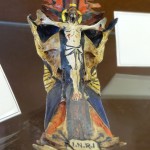
Thinking About Convict Objects, in French Guiana
In the Musée Départemental Alexandre Franconie in Cayenne there is a room dedicated to the history of the French colonial bagne (prison). Among the displays of artwork copied from the paintings of the well-known convict artist Francis Lagrange are a handful of objects made by convict craftsmen. One is by Lagrange himself, a small and […]


 Subscribe to Clare Anderson's posts
Subscribe to Clare Anderson's posts
Recent Comments